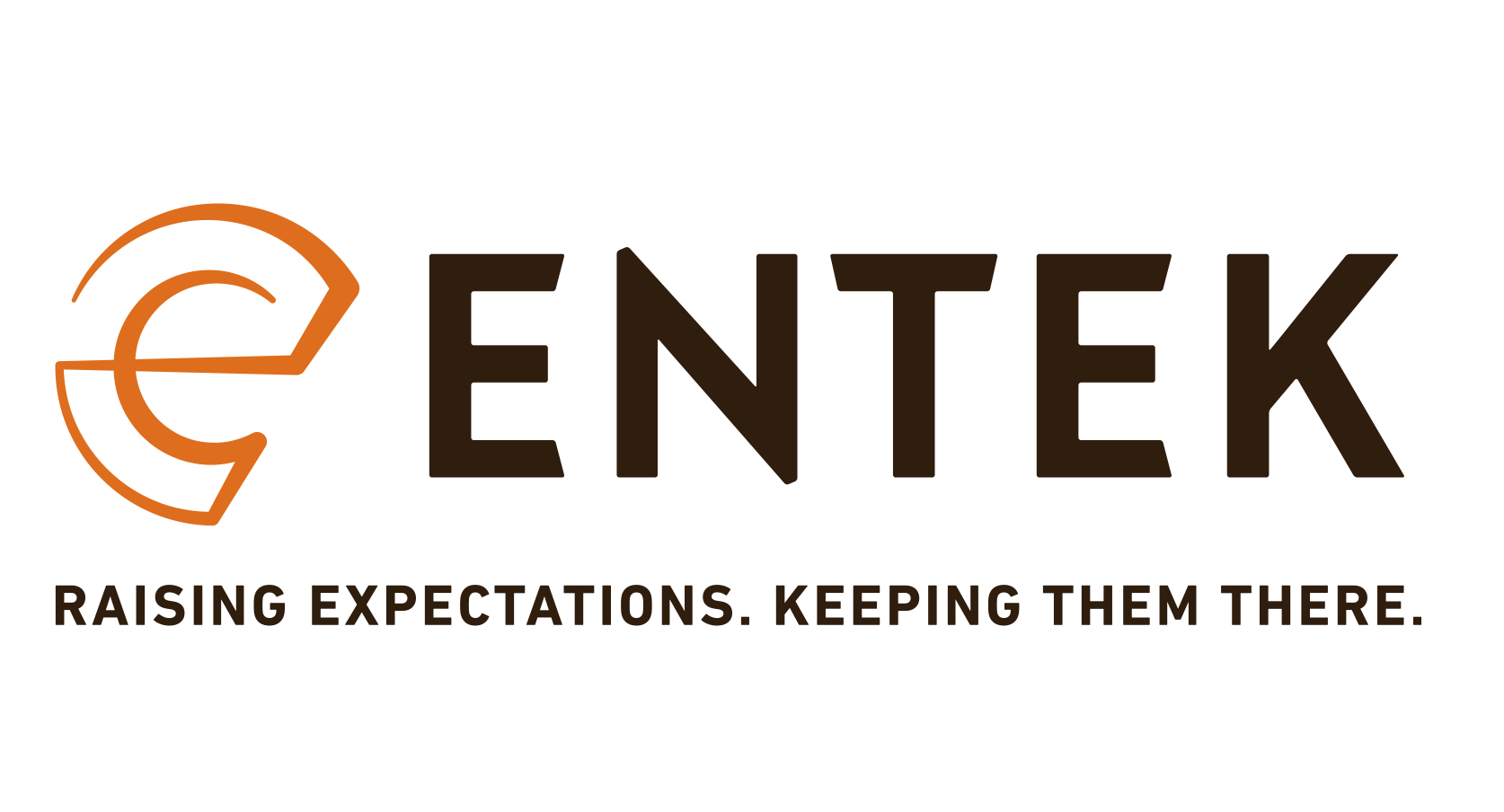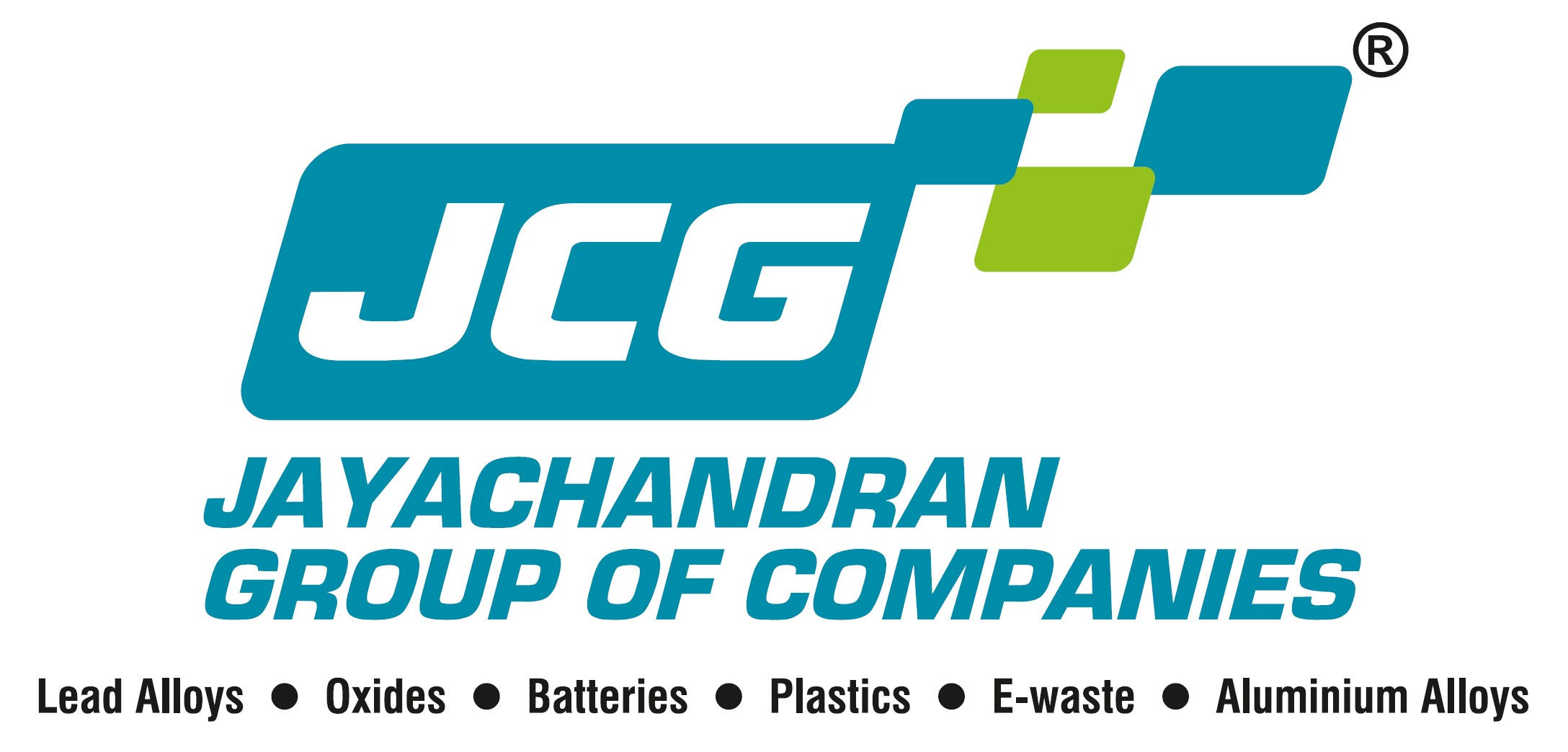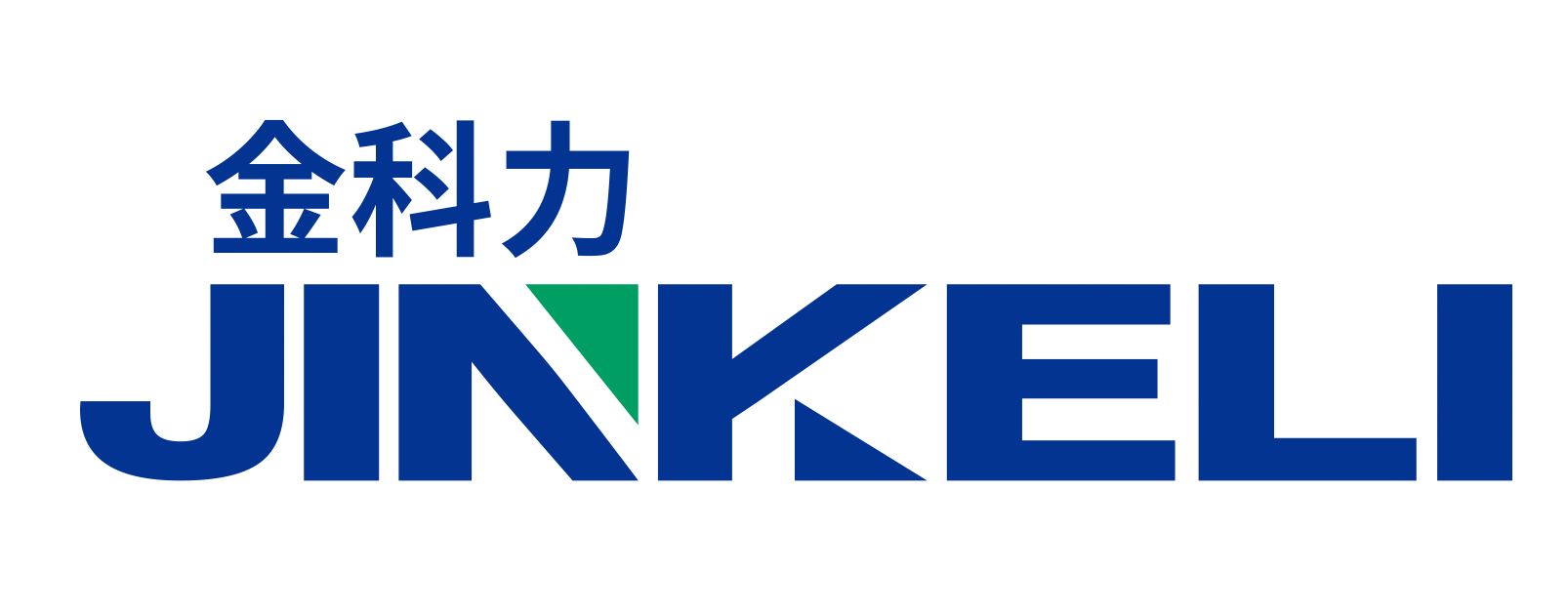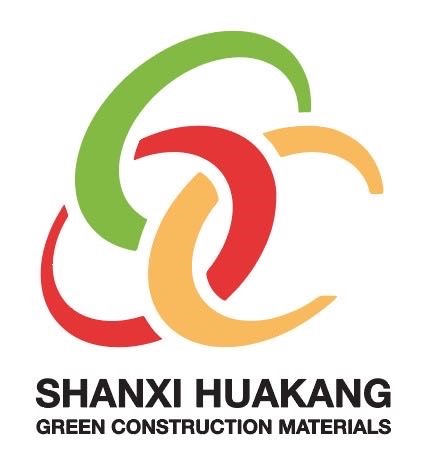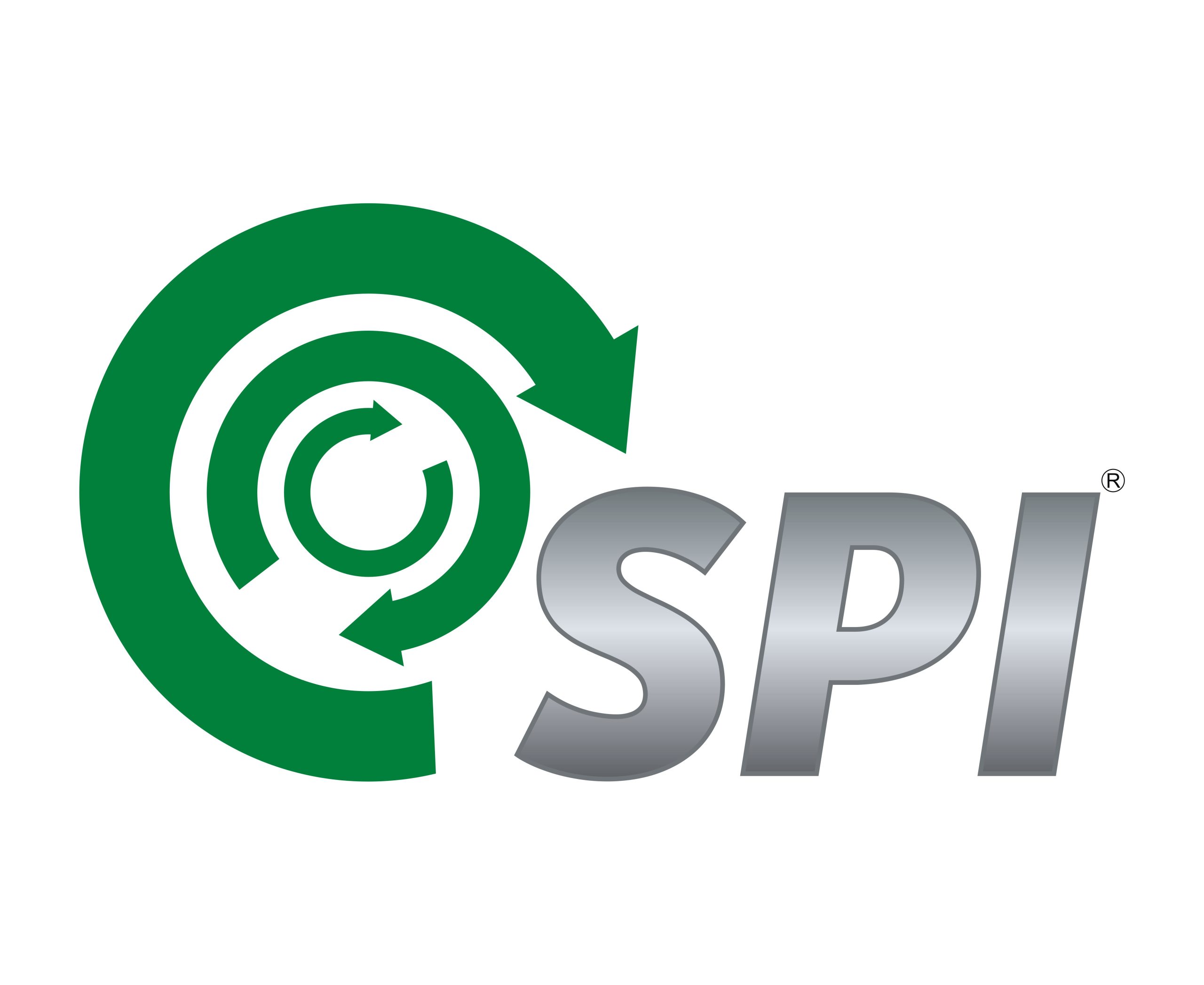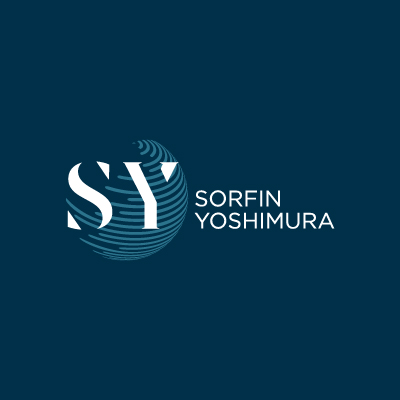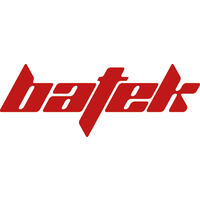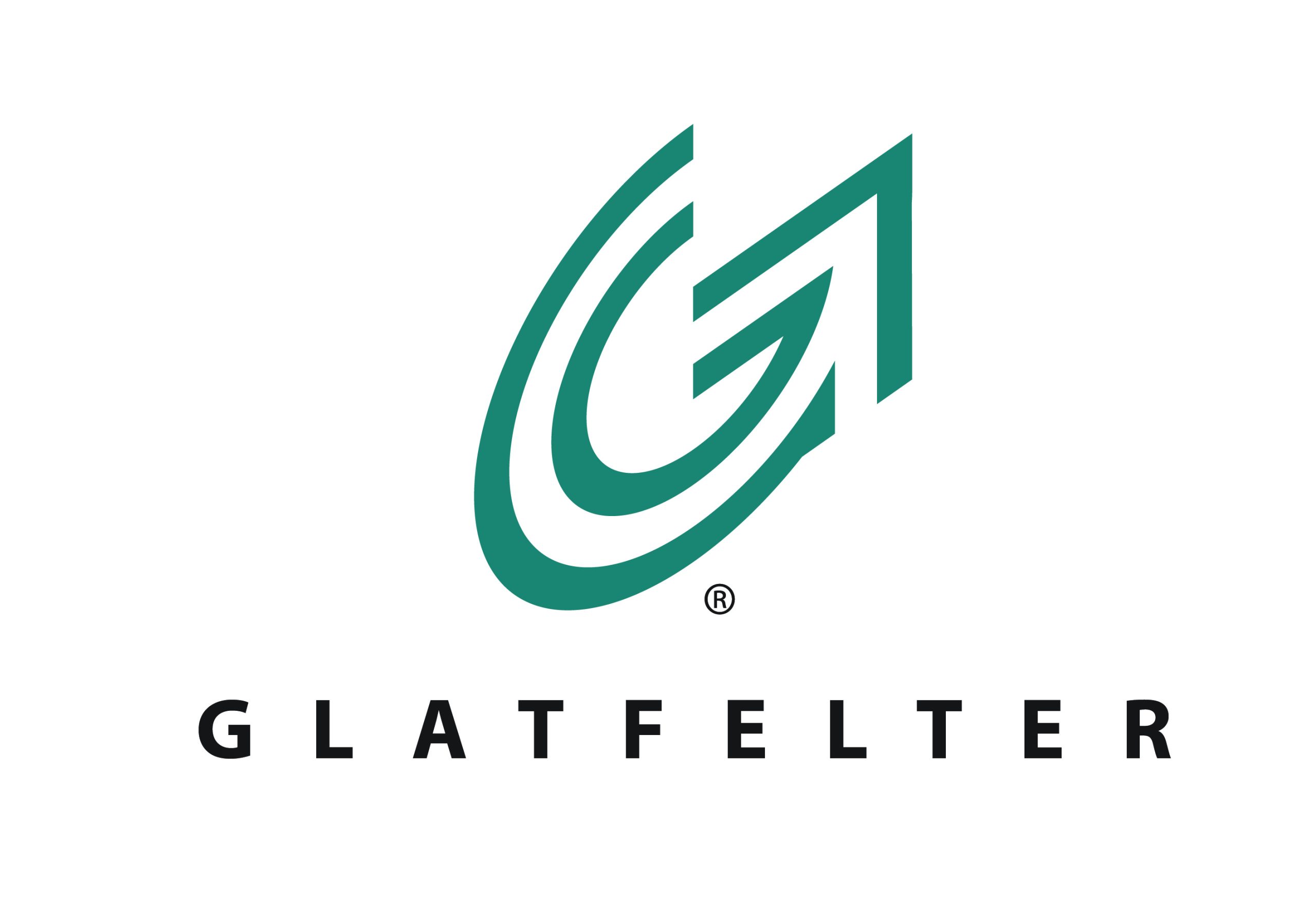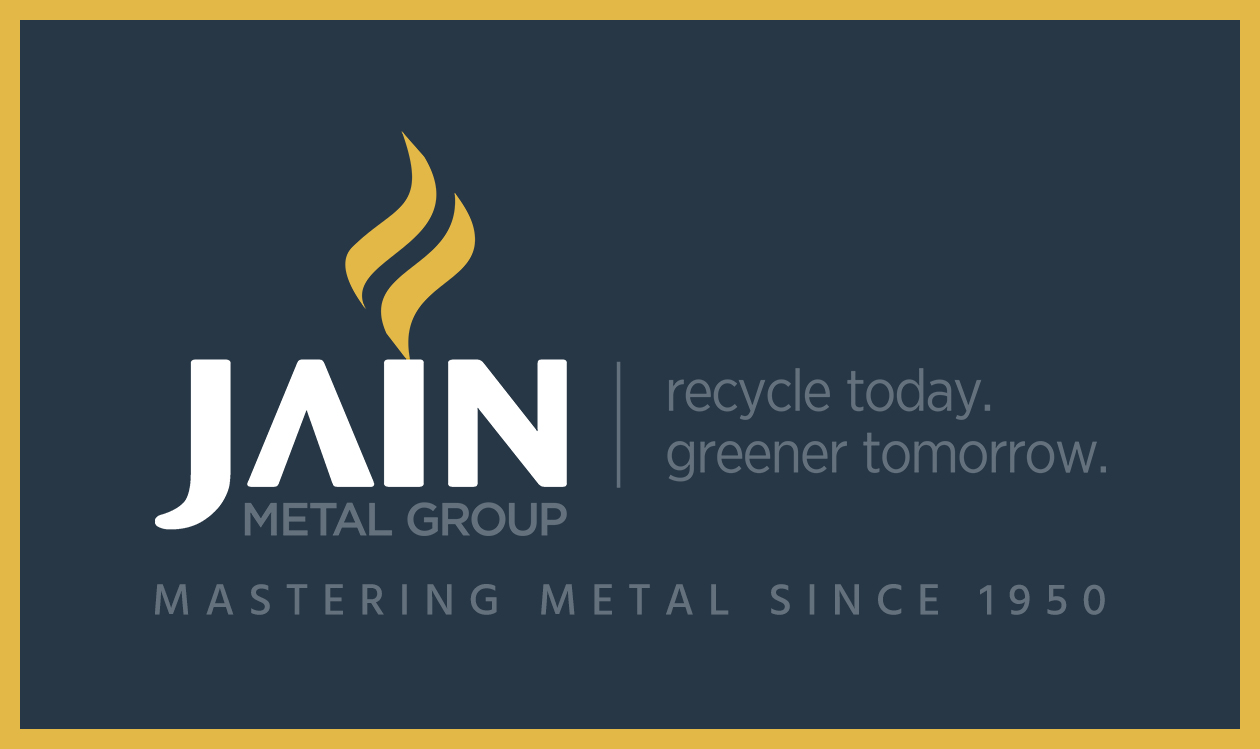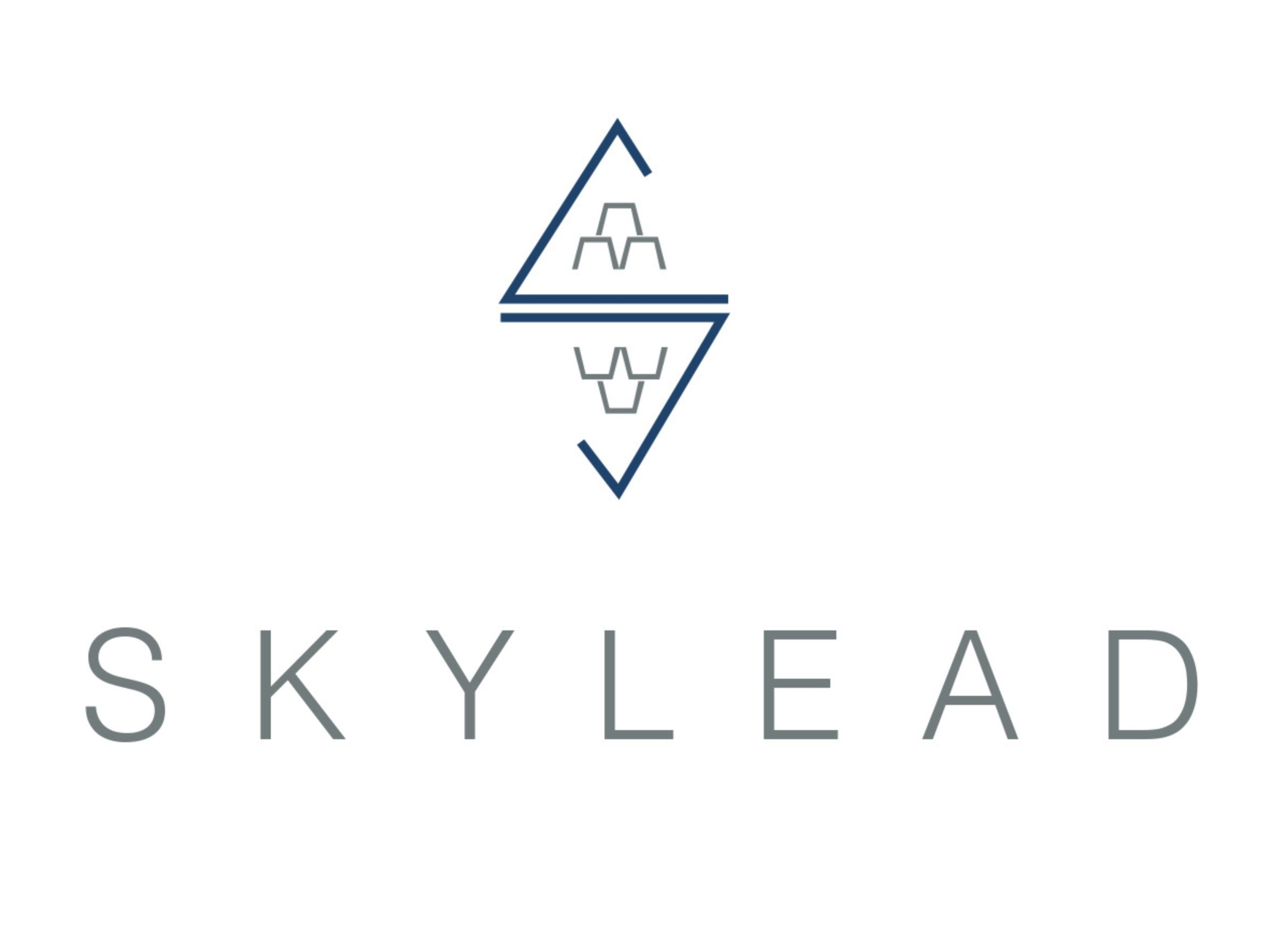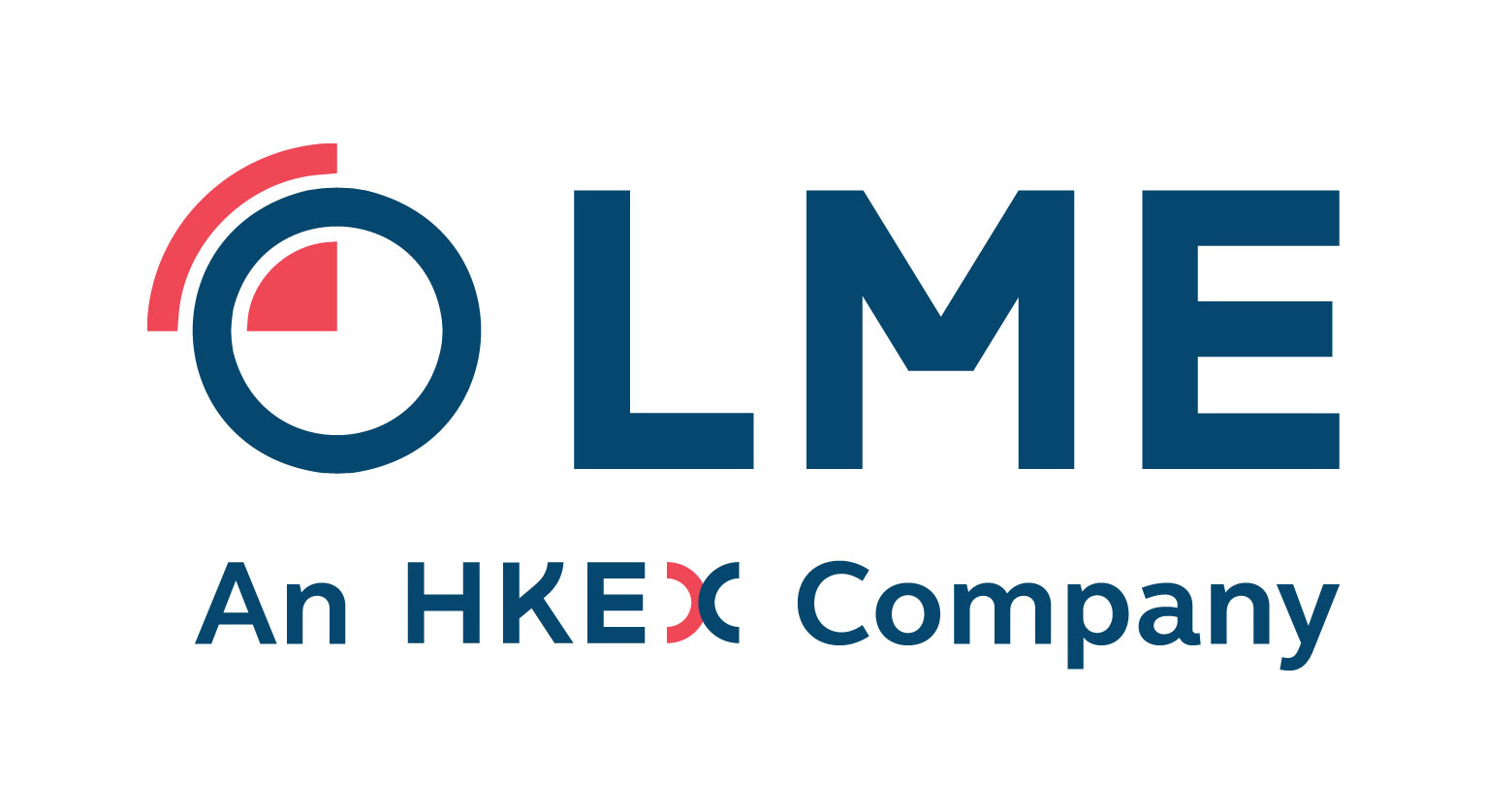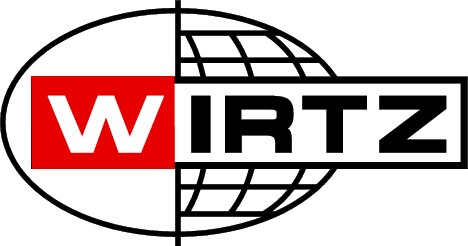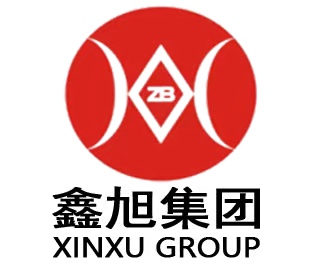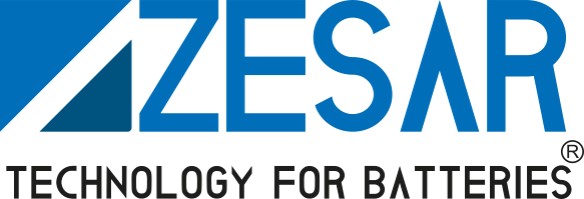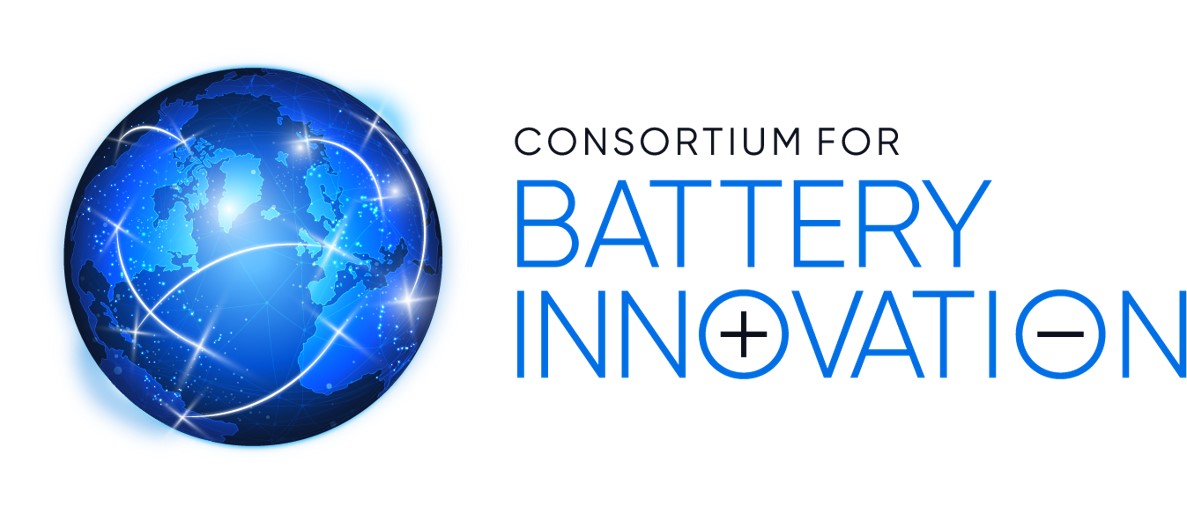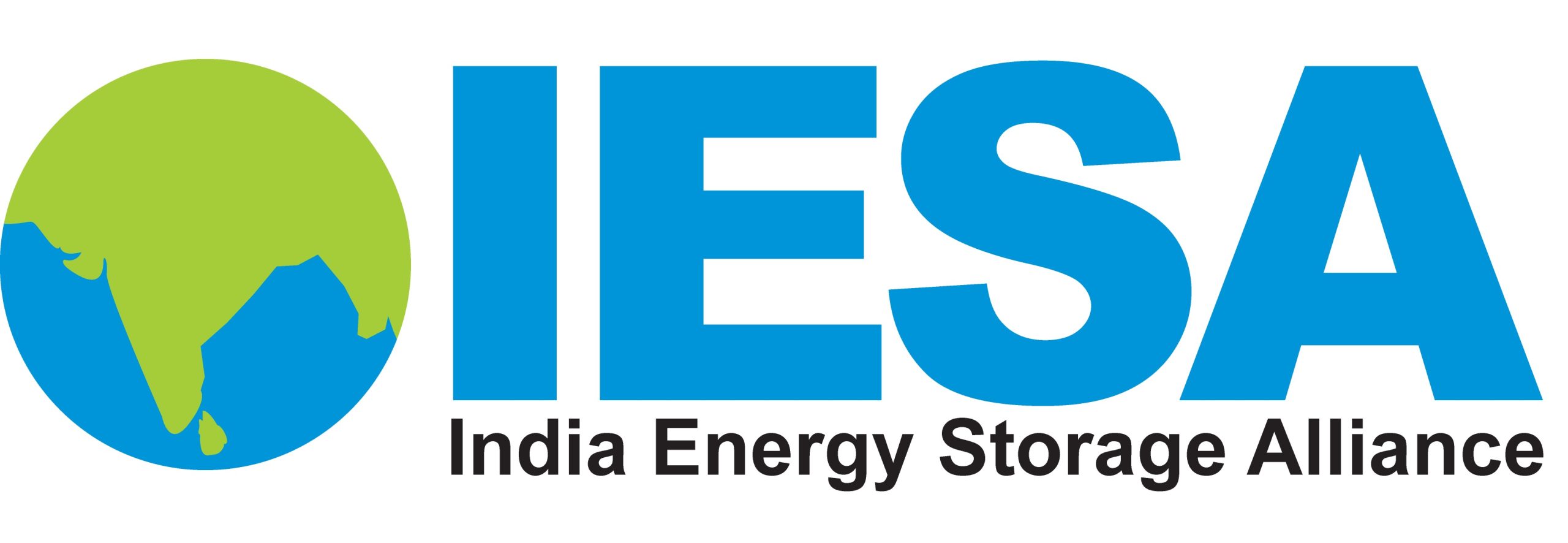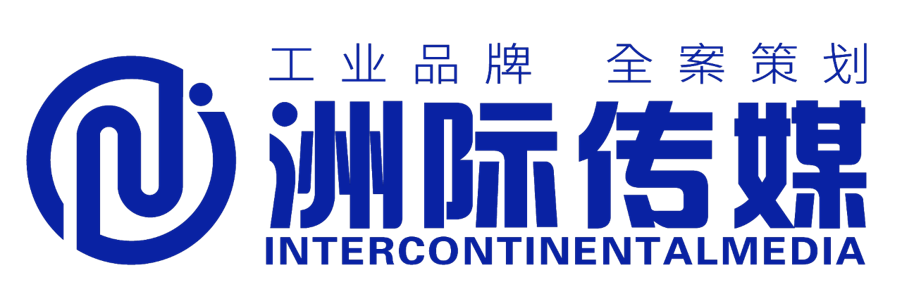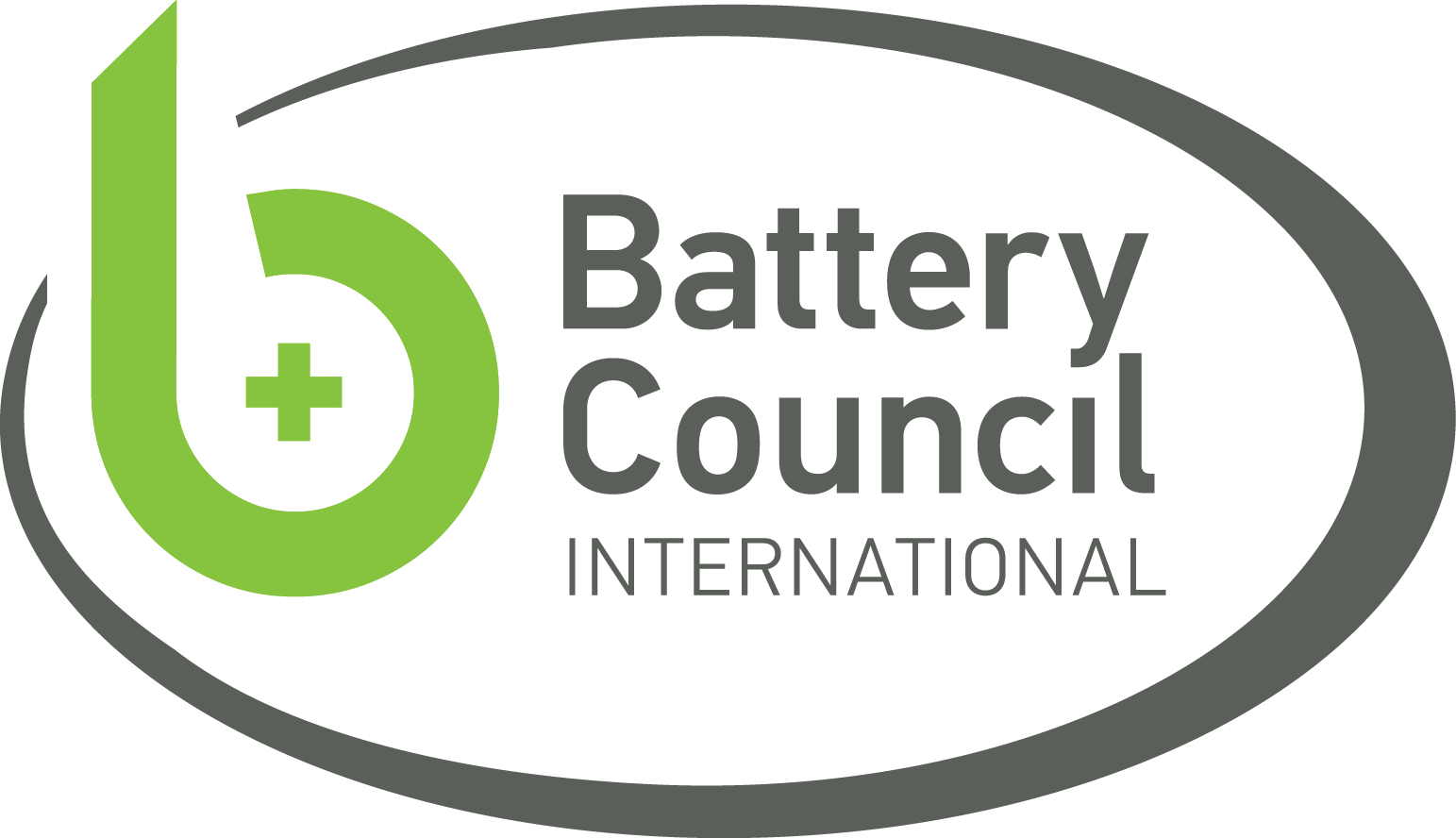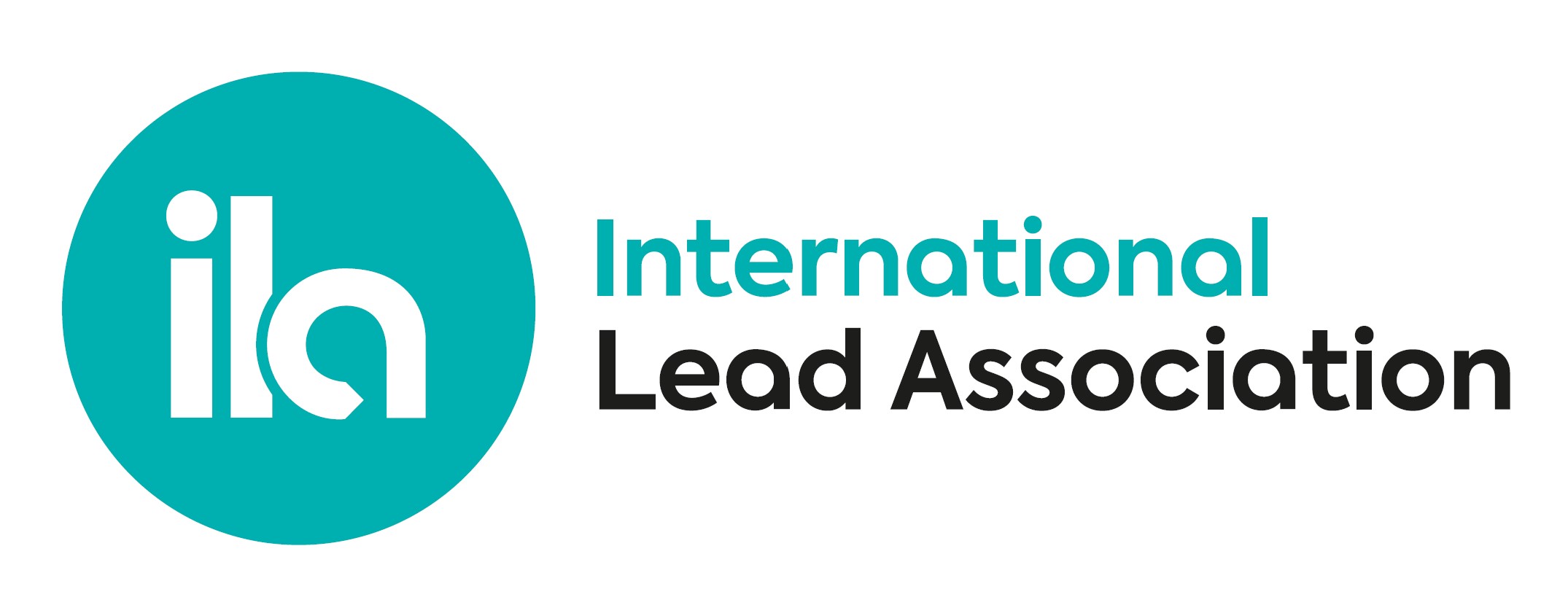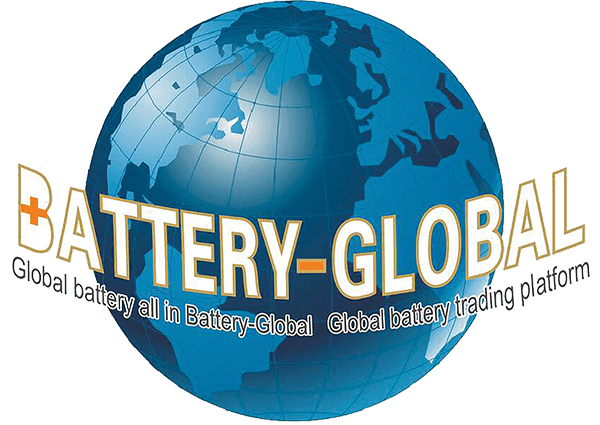Adding carbon materials to negative active materials or electrolytes shows potential in lead‒acid batteries for energy applications. Nevertheless, their sudden degradation due to sulfation during fast discharging and positive electrode grid corrosion restricts their further advancement.
This presentation addresses lead‒carbon (fibre) composite plates with 100 % Pb coverage on a monolithic and flexible carbon cloth. Experimental results show that the success of plates prepared by hot pressing oxidized carbon fibres is close to 100%. The optimum thickness of the lead‒carbon fibre composite materials is about 1 mm if the thickness of carbon cloth in the middle layer is about 0.3 mm. The ideal combination of lead‒carbon fibre composite materials to make a 2V battery is +1/-2 or +2/-3. After partial charge/discharge, the surface of the lead‒carbon fibre composite plate was corroded to be make Pb nanoparticles. These reacted in equilibrium with the electrolyte to form a nanoporous structure. The battery’s energy density is proportional to the number of positive electrodes, and it has a 100% coulomb effect during fast charging at 2C/10C PSoC process. At a 4C/10C PSoC deep cycle -life of +2/- 3 2-V battery should be more than 3000 cycles, now it is 3007 cycles and the 10C discharge time is almost the same, 45 sec without decay. The 550 W cycle of the 12-V 6Ah battery has reached 100 cycles of discharge time 130 sec without decay. Competition with commercial batteries will be shown at the conference.
Presenters

Shu-Huei Hsieh established The Nano Material Laboratory (NML) in the Department of Materials Science and Engineering at the National Formosa University in Taiwan. By utilizing wet chemistry methods, NML aims to develop low-cost fabrication processes for the mass production of functional carbon materials for energy-storage applications. Over the years, porous Pb/carbon cloth electrode sheets have been produced for making highly efficient Lead–Acid Batteries.


